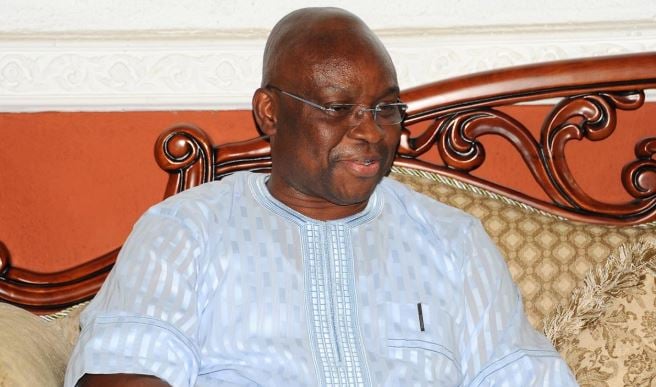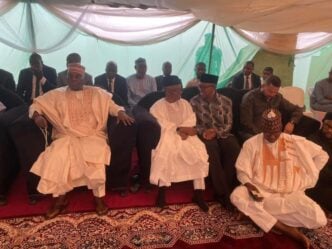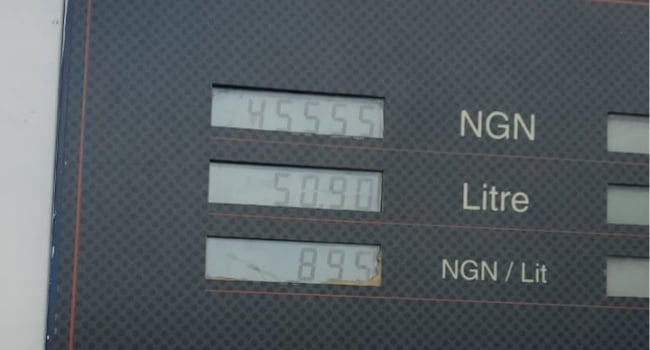A federal high court in Lagos has discharged and acquitted Ayodele Fayose, former governor of Ekiti state, of money laundering and fraud allegations.
Ruling on a no-case submission on Wednesday, Chukwujekwu Aneke, the presiding judge, held that the prosecution failed to establish a prima facie case against him to warrant further defence.
The Economic and Financial Crimes Commission (EFCC) re-arraigned Fayose and his company, Spotless Investment Limited, on an 11-count charge of money laundering to the tune of N6.9 billion allegedly committed when he was the governor.
According to the charge, Fayose allegedly took possession of ₦1.2 billion for his 2014 gubernatorial campaign and received $5 million in cash from Obanikoro, bypassing financial institutions.
Advertisement
He was also accused of laundering various sums, retaining and using over ₦1.6 billion to acquire properties through proxies and companies such as De Privateer Ltd and Still Earth Ltd., in violation of several provisions of the Money Laundering (Prohibition) Act, 2011.
While making a no-case submission on May 19, Kanu Agabi, counsel to the former governor, argued that the prosecution failed to establish a prima facie case against Fayose.
He noted that Abiodun Agbele, who allegedly played a central role in the transactions, was not charged alongside Fayose, weakening the EFCC’s case.
Advertisement
“With due respect, the predicate offences do not hold water. Criminal breach of trust and conspiracy are distinct offences, and no co-conspirator was charged,” Agabi submitted.
He prayed the court to rule that Fayose has no case to answer.
Olalekan Ojo, counsel to the second defendant, adopted a separate no-case submission dated March 21, 2025, supported by documents filed on May 16.
The lawyer argued that key prosecution evidence was unreliable, especially the testimony of Obanikoro, the 13th prosecution witness, who confirmed there was no communication between Fayose and Dasuki.
However, Rotimi Jacobs, prosecution counsel, asked the court to dismiss the no-case submissions.
Advertisement
Jacobs argued that the defence failed to justify several suspicious transactions.
Jacobs questioned why Fayose would not use his personal bank account for transfers if the funds from the NSA were legitimate.
He cited testimony from Abubakar Madaki, an EFCC investigator, who said Fayose used associates to acquire properties in Abuja, Lagos, and abroad – individuals who later denied ownership, even though Fayose admitted the properties were his.
“If the money was clean, why not buy the properties in his name?” Jacobs asked.
He also cited Obanikoro’s testimony that Fayose requested the funds in cash and introduced Agbele to collect the money, insisting the defendant must account for these actions.
Advertisement
However, the court upheld the no-case application filed by the defendants.
Advertisement









